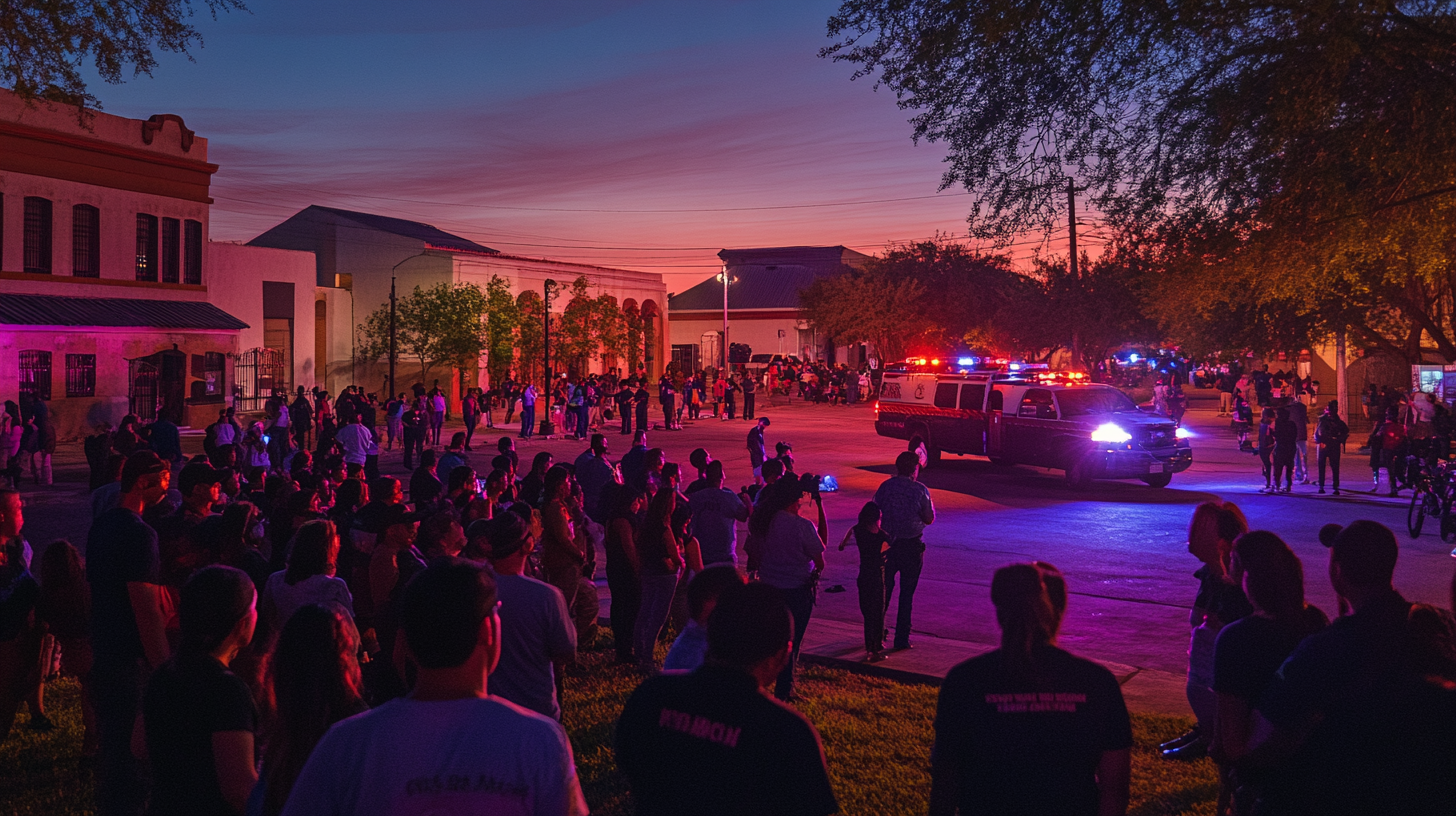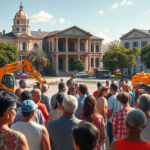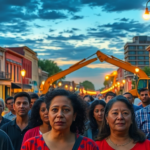Mexican Man Sentenced to Federal Prison for Illegal Reentry Highlights Border Challenges
The U.S.-Mexico border continues to be a focal point for complex issues impacting immigration, security, and humanitarian concerns, as evidenced by a recent federal court case involving Alfredo Balderas-Rivera. The 42-year-old Mexican national was sentenced to 50 months in federal prison for illegally reentering the United States after being deported multiple times. This case underscores the ongoing challenges faced by authorities and the Rio Grande Valley (RGV) community as they navigate border security and immigration policy.
Illegal Reentry Case: A Recurring Issue
Balderas-Rivera, originally from Aldamas in Tamaulipas, Mexico, was apprehended in Cameron County after crossing the border illegally in March 2024. He had first been convicted of illegal entry and was deported in 2016, 2018, and 2023, highlighting a pattern of reentry that complicates enforcement efforts at the border. U.S. Attorney Nicholas Ganjei emphasized the serious nature of such offenses, noting that repeated illegal entries are met with increasingly severe penalties under federal law.
The case has sparked discussion within the RGV community about the effectiveness of current immigration policies and the prospects for reform. Given the Valley’s proximity to the border and its diverse population, such cases resonate locally, with community members and officials divided on the best path forward.
Local Impact: Strain on Resources and Community Concerns
The situation presents a significant challenge for local law enforcement and community resources. As border arrests and illegal reentries become more frequent, there is a growing concern among Valley residents about the adequacy of resources to manage these issues effectively. Additionally, the burden falls on local communities to accommodate federal enforcement actions, which can strain public services and impact local economies.
Victor Martinez, a community leader in Brownsville, expressed the mixed feelings shared by many in the Valley. “We’re a community that respects the rule of law, but we also understand the difficult circumstances that many migrants face. It’s a complex situation that requires a balanced approach,” he said.
Connecting to Broader Border Issues
The RGV is no stranger to border-related challenges. The region has been at the forefront of national discussions on immigration policy, border security, and humanitarian issues. Recent developments such as the $15 million wrongful death lawsuit filed in the case of a migrant girl who died in CBP custody in South Texas further highlight ongoing concerns regarding the treatment and rights of migrants.
These cases bring to light the necessity for humane and comprehensive immigration reforms that address both security concerns and humanitarian obligations. They also showcase the importance of understanding local contexts when crafting policies that affect border communities.
Future Implications for the RGV
As the national discourse on immigration reform continues, the outcomes of cases like Balderas-Rivera’s may influence future policy decisions and enforcement strategies. For the RGV, this could mean a shift in resource allocation or the development of programs aimed at supporting both security and community interests.
Further complicating the situation are additional border issues, including the seizure of $10 million worth of liquid methamphetamine by U.S. Customs and Border Protection at a South Texas port of entry. This incident underscores the scale of drug trafficking challenges facing the region, and the intertwined nature of drug-related crime and immigration enforcement.
Balancing Security and Compassion
As border states like Texas grapple with an increasing number of arrests and illegal reentry cases, there is a call from various sectors for policies that better reflect the realities on the ground. Experts suggest that a combination of increased border security measures and more accessible legal pathways for migration could lead to substantial improvements.
Local advocacy groups and some policymakers argue for reforms that address root causes of migration, such as economic instability and violence in home countries, while also ensuring that U.S. laws are upheld. These perspectives highlight the ongoing debate over how best to balance security with compassion in a region that is deeply affected by these issues.
Resources for Valley Residents
For residents of the RGV seeking assistance or more information regarding immigration policies and legal aid, several local organizations provide resources. The South Texas Pro Bono Asylum Representation Project (ProBAR) and the Harlingen-based CARACEN offer legal support and advocacy for individuals navigating the complex immigration system.
In conclusion, the sentencing of Alfredo Balderas-Rivera serves as a microcosm of the broader challenges faced by communities along the U.S.-Mexico border. As Valley residents continue to engage with these issues, a collaborative approach that prioritizes both security and humanitarian needs will be essential for fostering a region that thrives on diversity and resilience.







